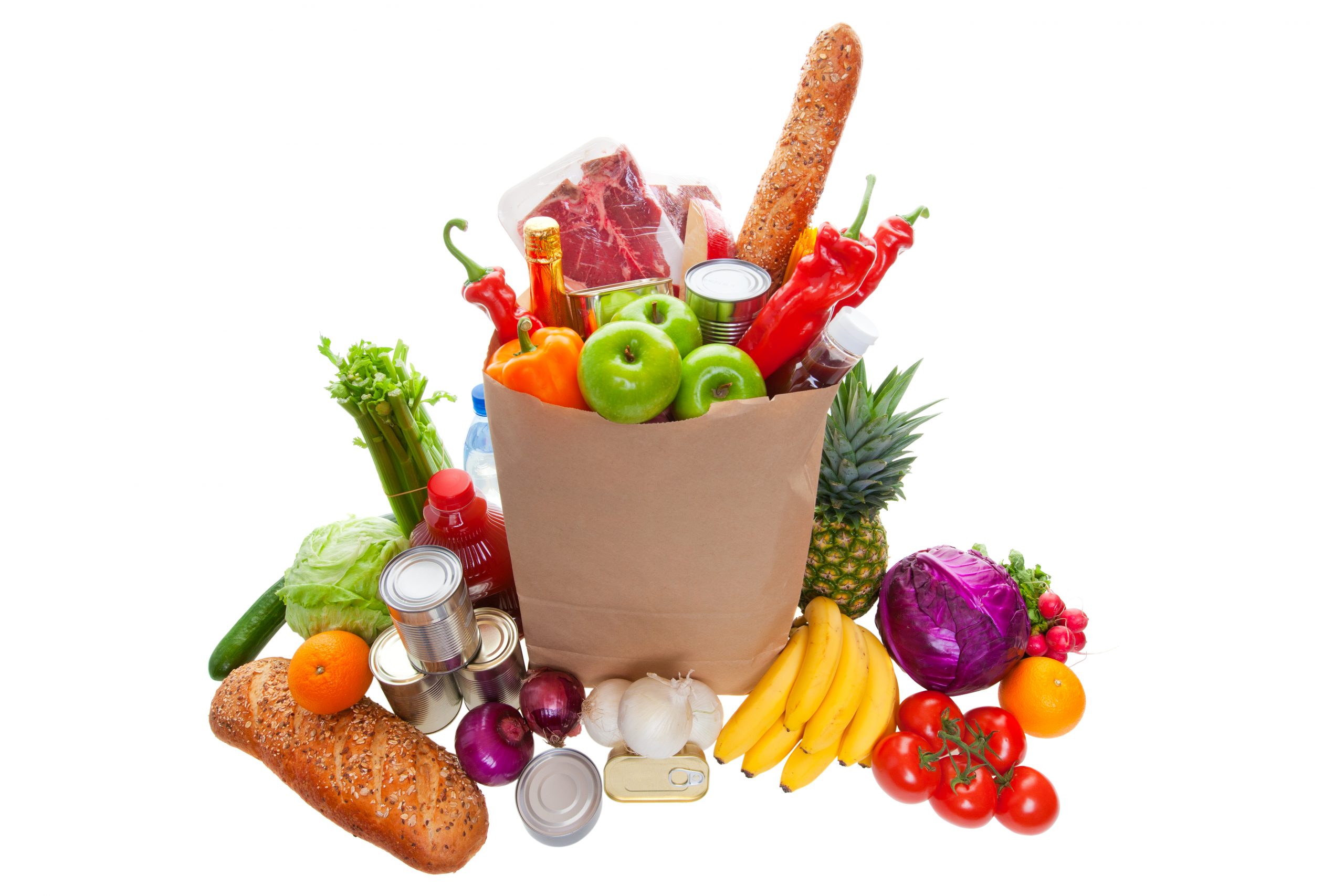When it comes to fruits and vegetables, we are presented with a wide spread at the supermarket. Canned, fresh, or frozen, which is better? Should we avoid canned fruits? Are frozen vegetables less nutritious?
I am here to assure you that all forms of produce can be part of your healthy, well-balanced diet – you just need to choose the correct type.
Fresh
Fresh is always best. Opting for seasonal fruits and vegetables may taste even better. Enjoy on its own, in a smoothie, in salads, or with dips.
Frozen
Frozen fruits and vegetables are often picked at its ripest, and hence, may be even sweeter than its fresh counterparts. Frozen produce also has a longer shelf-life, making it more cost-effective. Most frozen produce are frozen without other additives, however, you can check the sodium and sugar content on the nutrition label. For frozen vegetables, choose the product with the lowest amount of sodium or with no sodium added. For frozen fruits, opt for frozen fruits without added sugar. Add frozen fruits to your smoothies and use frozen vegetables like you would for fresh, after thawing.
Canned
Canned foods are convenient to keep in your pantry and have a long shelf life. Choose “no salt added” or “no added sugar” options and avoid products soaked in brine or sugar syrup. Try to get products with less than 5% of the Daily Value for sodium and sugar. Instead, opt for products soaked in water, olive oil, sunflower oil, or fruit juice.
Overall, there is a wide variety of fruits and vegetables available in the market. Whether it is fresh, frozen, and canned, you can still incorporate them into your diet for a well-balanced meal, just make sure you choose the correct type!






